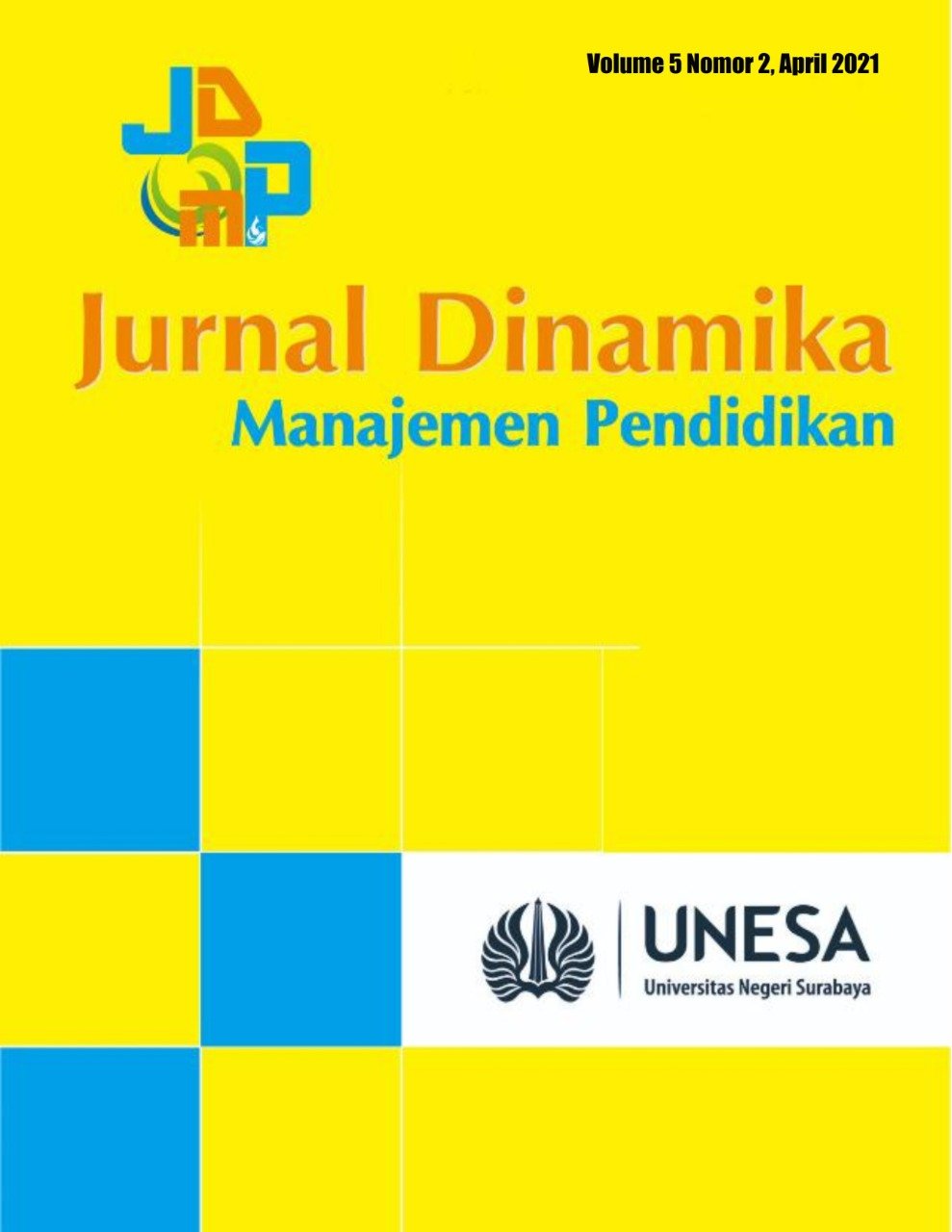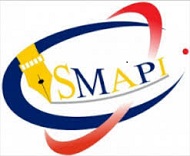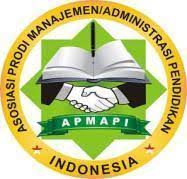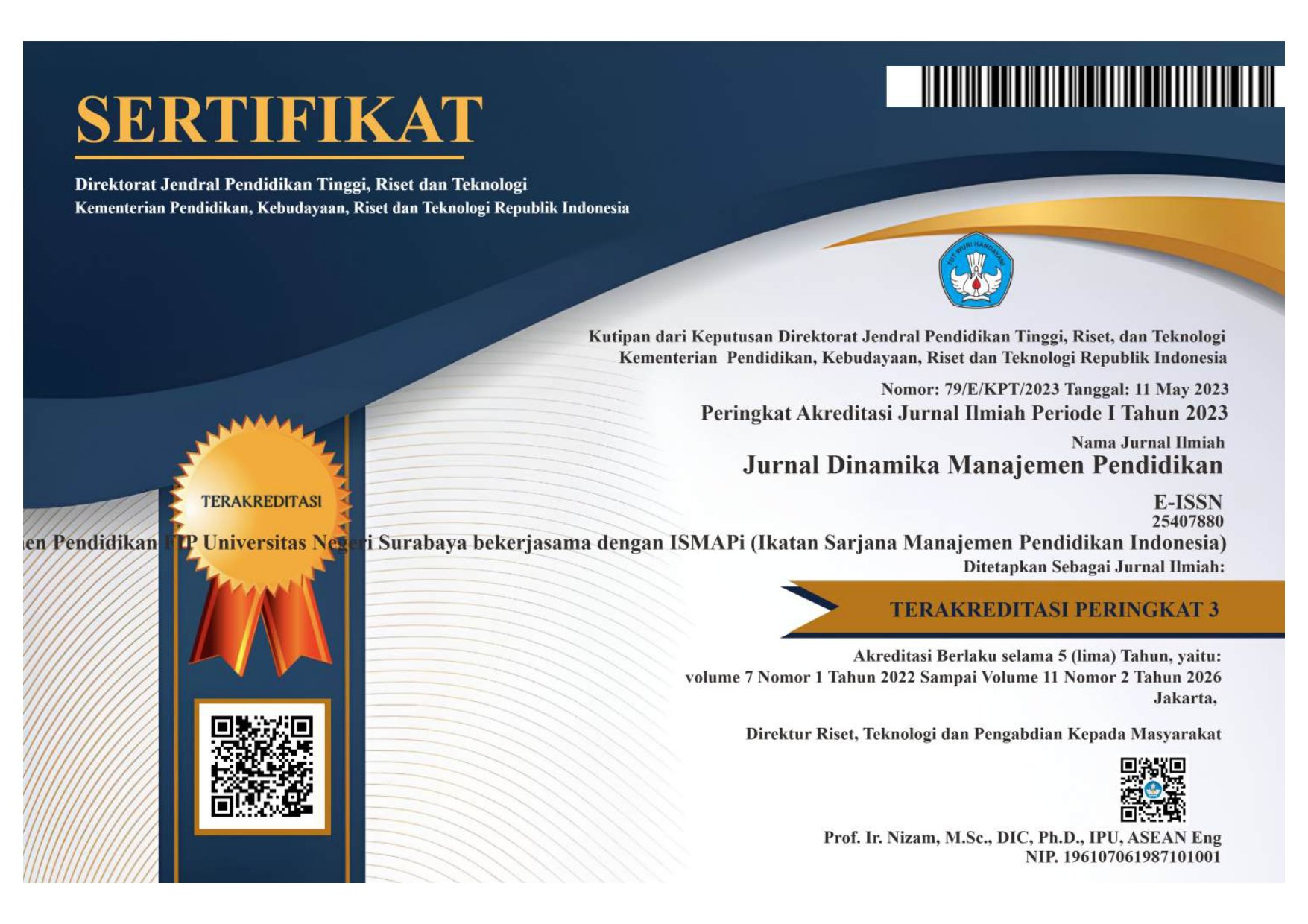Pengembangan BAM Matakuliah Analisis Kebijakan Pendidikan Berbasis Online
DOI:
https://doi.org/10.26740/jdmp.v5n2.p96-103Keywords:
online learning, student teaching books, google classroom, course of educational policy analysisAbstract
Responding to the development of the Covid-19 virus, the Ministry of Education and Culture, Director General of Higher Education, and State University of Surabaya published a letter related to online learning at home. In order for online learning activities to run smoothly, it is necessary to develop teaching books that are in accordance with the needs of online learning, one of which is in the form of Student Teaching Books (BAM). Based on the results of previous research, BAM has a significant role in learning activities, especially online learning. BAM development is carried out in the Course of Education Policy Analysis using ADD (Analysis, Design, and Development) method. Online learning is implemented using the Google Classroom platform. Based on the results of the analysis carried out, the development of this student teaching book was developed based on 4 aspects, namely aspects of content feasibility, feasibility of presentation of materials, feasibility of language, and feasibility of graphation. The development of this teaching book is validated by 2 experts, namely content experts and linguists. Based on the validation results, the textbook developed obtained a score of 86.5 with excellent assessment criteria, so it is feasible to be a teaching material for students in the Education Policy Analysis Course.References
Downloads
Published
How to Cite
Issue
Section
License
Copyright Notice
The copyright of the received article once accepted for publication shall be assigned to the journal as the publisher of the journal. The intended copyright includes the right to publish the article in various forms (including reprints). The journal maintains the publishing rights to the published articles.
The publisher publish and distribute the Article with the copyright notice to the JDMP with the article license CC-BY-SA 4.0.
 Abstract views: 345
,
Abstract views: 345
, PDF Downloads: 327
PDF Downloads: 327



















.png)
1.png)







.png)
